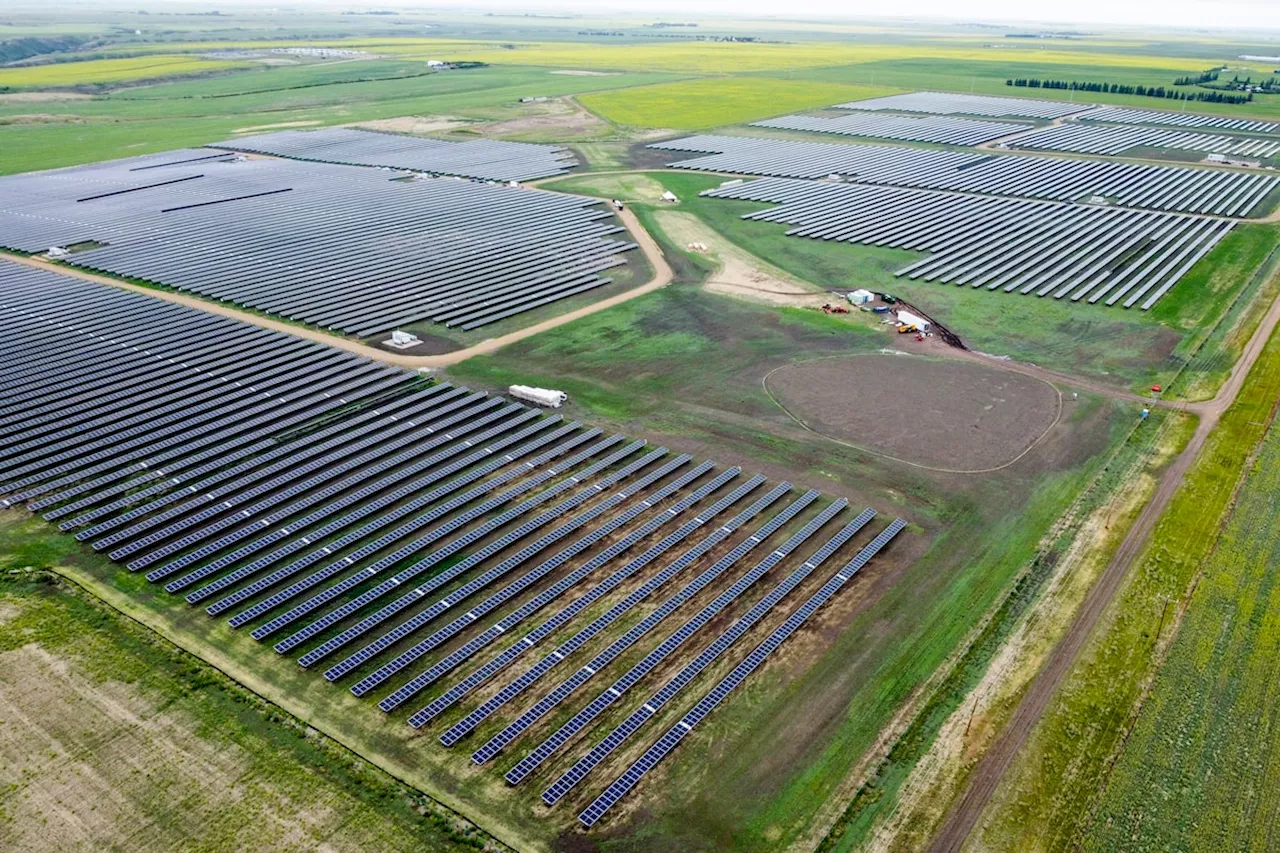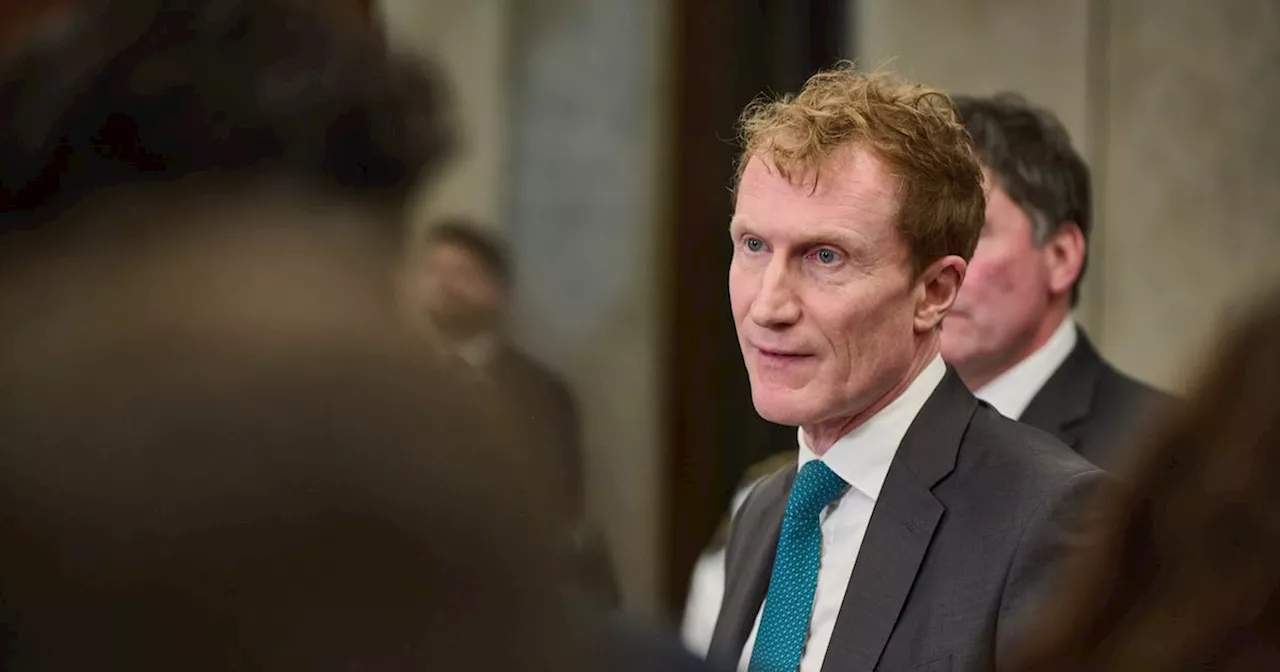Canada's federal government is taking steps to control immigration by lowering caps on newcomers and introducing new regulations for both permanent and non-permanent residents. The changes are aimed at pausing population growth in the short term and shifting the focus to integrating existing non-permanent residents into the country.
Canada 's federal government is changing course on immigration with a wave of tighter caps on newcomers and new rules for permanent and non-permanent residents. When the post-pandemic boom cooled and businesses no longer needed the additional labour help, as a federal team, we could have acted quicker,' Trudeau said.
This year, Canada is projecting fewer new immigrants to the country for the first time since COVID-19 lockdowns, part of a plan Immigration, Refugees and Citizenship Canada (IRCC) says will 'pause population growth in the short term'. Permanent resident (PR) targets lowered to 395,000, from 500,000.In addition, Canada plans to cool long-term growth in the population of non-permanent residents (NPRs), with policy moves aimed to: Decrease the total NPR population by roughly 445,000 this year and another 445,000 next year, followed by an increase of 17,439 in 2027.The intake of new permanent and non-permanent immigrants is expected to decrease over the next few years. A young new Canadian holds a flag as she takes part in a citizenship ceremony on Parliament Hill in Ottawa on Wednesday, April 17, 2019. Federal projections show more than 40 per cent of newcomers granted permanent status this year will be those already residing in Canada as an NPR, part of what IRCC is calling its 'in-Canada focus'. IRCC says that this year, a majority of new PRs will be economic immigrants, with roughly another 25 per cent made up of family immigrants and the remainder set aside for refugees, protected persons and others. Among all of those given PR status in the next year,
IMMIGRATION CANADA RESIDENTS PERMANENT NON-PERMANENT POPULATION GROWTH
Canada Latest News, Canada Headlines
Similar News:You can also read news stories similar to this one that we have collected from other news sources.
 Canada Tightens Clean Electricity Rules Despite Provincial PushbackCanada's federal government is implementing new regulations to reduce greenhouse gas emissions from electricity grids, aiming to phase out natural gas power generation by 2035. Despite resistance from provinces heavily reliant on fossil fuels, the rules have been revised to offer greater flexibility.
Canada Tightens Clean Electricity Rules Despite Provincial PushbackCanada's federal government is implementing new regulations to reduce greenhouse gas emissions from electricity grids, aiming to phase out natural gas power generation by 2035. Despite resistance from provinces heavily reliant on fossil fuels, the rules have been revised to offer greater flexibility.
Read more »
 Canada Cracks Down on Immigration FraudCanada is eliminating a key immigration perk that gave foreign workers extra points on permanent residency applications, aiming to curb fraud and manipulation within the temporary foreign worker program.
Canada Cracks Down on Immigration FraudCanada is eliminating a key immigration perk that gave foreign workers extra points on permanent residency applications, aiming to curb fraud and manipulation within the temporary foreign worker program.
Read more »
 Canada's Immigration Detention Strips Detainees of Legal CapacityA Human Rights Watch report exposes how Canada's immigration detention system routinely violates the legal capacity of detainees, particularly those with disabilities and mental health conditions. The report highlights the case of Prosper Niyonzima, a Rwandan genocide survivor who spent years in detention, including two years in solitary confinement, and was denied the ability to make decisions about his own life due to a designated representative system.
Canada's Immigration Detention Strips Detainees of Legal CapacityA Human Rights Watch report exposes how Canada's immigration detention system routinely violates the legal capacity of detainees, particularly those with disabilities and mental health conditions. The report highlights the case of Prosper Niyonzima, a Rwandan genocide survivor who spent years in detention, including two years in solitary confinement, and was denied the ability to make decisions about his own life due to a designated representative system.
Read more »
 Canada Implements Ban on 'Flagpoling' Immigration PracticeCanada begins implementing border security measures in response to President-elect Trump's tariff threat, starting with a ban on 'flagpoling' where individuals leave Canada for the U.S. and return to access immigration services.
Canada Implements Ban on 'Flagpoling' Immigration PracticeCanada begins implementing border security measures in response to President-elect Trump's tariff threat, starting with a ban on 'flagpoling' where individuals leave Canada for the U.S. and return to access immigration services.
Read more »
 Canada Implements Ban on 'Flagpoling' Immigration PracticeCanada begins implementing new immigration measures in response to a 25% tariff threat from the U.S., starting with a ban on 'flagpoling'. Flagpoling involves individuals leaving Canada on a temporary visa, entering the U.S., and quickly returning to Canada to access immigration services. The restriction on issuing work and study permits to flagpolers takes effect today.
Canada Implements Ban on 'Flagpoling' Immigration PracticeCanada begins implementing new immigration measures in response to a 25% tariff threat from the U.S., starting with a ban on 'flagpoling'. Flagpoling involves individuals leaving Canada on a temporary visa, entering the U.S., and quickly returning to Canada to access immigration services. The restriction on issuing work and study permits to flagpolers takes effect today.
Read more »
 Canada Bans 'Flagpoling' Immigration PracticeCanada has implemented new immigration measures in response to a 25% tariff threat from President-elect Donald Trump. These measures include banning 'flagpoling,' a practice where temporary visa holders leave Canada for the U.S. and then quickly re-enter to access immigration services.
Canada Bans 'Flagpoling' Immigration PracticeCanada has implemented new immigration measures in response to a 25% tariff threat from President-elect Donald Trump. These measures include banning 'flagpoling,' a practice where temporary visa holders leave Canada for the U.S. and then quickly re-enter to access immigration services.
Read more »
